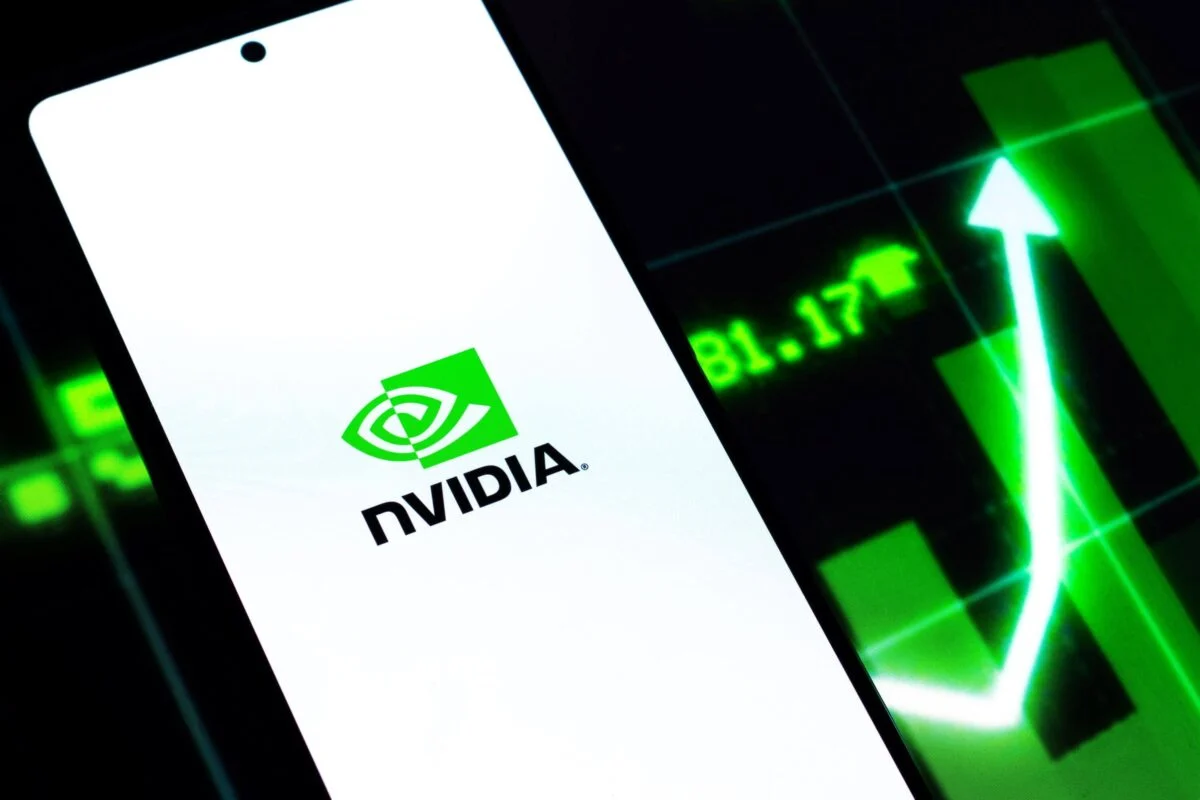
Nvidia, a dominant force in the artificial intelligence (AI) chip industry, has recently faced challenges that have sparked significant stock market activity. On Tuesday, Nvidia’s stock dropped by 6%, hitting its lowest point in nearly three months. This decline followed reports that Meta Platforms is considering switching to Google’s tensor processing units (TPUs) for its data centers in 2027, potentially moving away from Nvidia’s graphics processing unit (GPU) technology, which currently leads the AI computations market.
Competition Intensifies in the AI Chip Market
Meta’s potential move underscores the growing competition between Nvidia and other tech giants like Alphabet (Google). Recently, Google released Gemini 3—an AI model trained on custom chips co-designed with Broadcom—highlighting the strength of devices like Google’s TPUs as a viable alternative to Nvidia’s GPUs. This marks a pivotal moment, signaling that others in the industry might follow Meta’s lead in diversifying their chip providers.
Google has invested years in refining TPU technology, elevating its status as a credible challenger to Nvidia’s dominance. With AI workloads becoming increasingly central to tech innovation, the competition is bound to heat up, affecting major companies like Nvidia, Meta, and Alphabet.
Strong Demand Despite Concerns
Despite these challenges, Nvidia still has a robust pipeline of demand. The company recently confirmed visibility into $500 billion worth of orders for its next-generation Blackwell and Vera Rubin chip platforms. These figures emphasize the insatiable demand for GPUs, particularly those tailored for AI tasks, which are essential for powering data centers, AI models, and complex computations.
According to CNBC’s Jim Cramer, Nvidia’s competition concerns are overstated. He believes the recent selloff presents a buying opportunity for long-term investors. Cramer highlighted that Nvidia, despite its competition, trades at what he deems a favorable price-to-earnings ratio.
Volatility in Tech and AI Stocks
The broader technology sector, particularly AI-centric stocks, has also faced recent pressure. Investors are cautiously reassessing AI company valuations and the long-term sustainability of spending on data centers. While price sensitivity among customers is a factor, analysts like Cramer remain optimistic, stating that demand for Nvidia’s GPUs remains stable and resilient.
For investors and AI enthusiasts, the key takeaway is clear: Nvidia continues to be a major player, even as competition introduces challenges. Whether companies adopt alternative chip solutions or not, Nvidia’s strong market presence and robust product pipeline ensure its relevance in the evolving AI landscape.
Explore High-Performance AI Workstations
If you’re looking to harness the power of AI and need reliable GPU performance, consider Nvidia GeForce GPUs. With cutting-edge technology and products tailored for AI productivity, Nvidia’s GPUs are ideal for everything from data analysis to machine learning innovations.






